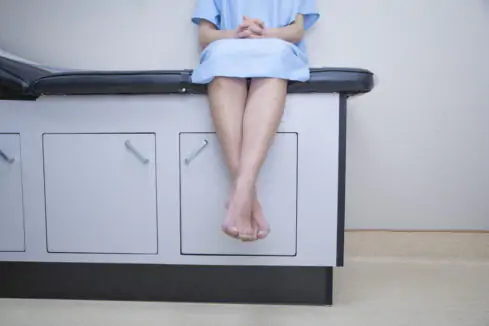Sudden medical expenses may arise after an emergency room visit, ambulance ride, unplanned surgery, or sudden hospitalization. Such costs can also come up after a medical procedure or a planned doctor’s visit. It is impossible to predict when emergency care is required at times, so it is best to prepare proactively. Below is a list of ways you can budget for unexpected medical costs.
Establish Your Total Healthcare Budget
When budgeting for medical expenses, it is helpful to place your healthcare costs into three categories.
-
- Unexpected: These costs are difficult to predict and include an urgent medical procedure and an unplanned trip to the emergency room. According to a report from the National Flooring Safety Institute (NFSI), there are at least one million cases of fall and slip accidents every year.
-
- Routine: These are healthcare costs that are anticipated but fluctuate with time. They include fees for annual checkups and regular prescriptions.
-
- Fixed premium: It is the amount you pay for health insurance. Those people who get health insurance through work have this expense deducted directly from their paycheck.
Your spending and medical history are the keys when planning for healthcare costs. Evaluate the amount of money you spent on healthcare previously to come up with a solid budget. You can review all the receipts from healthcare providers and your insurance company and go through your credit card and bank statements to flag healthcare costs that you previously paid out of pocket. Those who do not save the receipts are advised to contact the healthcare and insurance providers for documentation. Always anticipate extra costs when budgeting for healthcare and understand how much you have to pay out of pocket upon reviewing what the insurance covers annually.
Prioritize Your Health
Once you estimate the annual healthcare costs, you may consider prioritizing them against other essential expenses. Most people visit a chiropractor once every year. As reports indicate, 178,052 people are employed in the industry as of 2022. Experts say healthcare expenses must fall between necessities like rent or mortgage, transportation, food, and phone. If you find it hard to pay for prescriptions but can make monthly payments to the cell phone provider, you have prioritized personal communications over your health. From preparing for doctor visits to budgeting for insurance premiums and ordering prescriptions, you should consider healthcare expenses as a need instead of a want. You should adjust your mindset to give your health the deserved significance.
Set Up an Emergency Fund
When creating a budget for healthcare costs, you must consider the unexpected costs, which are tricky to plan for. An emergency fund account helps you cater to medical emergencies such as medication or procedures not covered by your insurance plan. Experts recommend saving at least six months of living expenses in the emergency fund to cater for unexpected expenses without taking a dip into savings for other financial goals. Those starting an emergency fund from scratch are advised to start small while focusing on an attainable goal.
Keep Track of Your Medical Bills
Even though you may plan, a medical emergency often leaves you with unexpected bills. It can happen for various reasons, including going to an out-of-network facility, a doctor using the wrong billing code, or seeing an out-of-network provider. Before you use funds on your credit card to cover medical costs, it is crucial to understand that you do not have to take emergency medical bills at face value. Although it is a tedious process, you can have your medical bill corrected or lowered by utilizing the listed catching errors.
-
- Request for an itemized bill: You can secure an itemized bill from the doctor detailing the exact charges and what they are for. You can then review the statement and verify whether the charged care is the one you received.
-
- Find your Explanation of Benefits (EOB): The EOB is provided by the insurance company and covers the amount paid to your doctor, the amount charged by the doctor, charges which are covered and those which are not, and the amount you are responsible for.
-
- Cross-check your itemized bill with your EOB: Once you receive your itemized bill and EOB, you have to compare the two. Look for incorrect service dates, out-of-network care, incorrect quantities of medication, and duplicate charges. Note those things as they are helpful when you contact the insurance company. According to reports from SSA, the number of individuals who received disability benefits in 2020 was over 9.5 million.
Unexpected healthcare costs are stressful, but planning and researching allow you to budget for them appropriately. Have an excellent medical insurance plan to minimize the chances of depleting your savings during medical emergencies.

